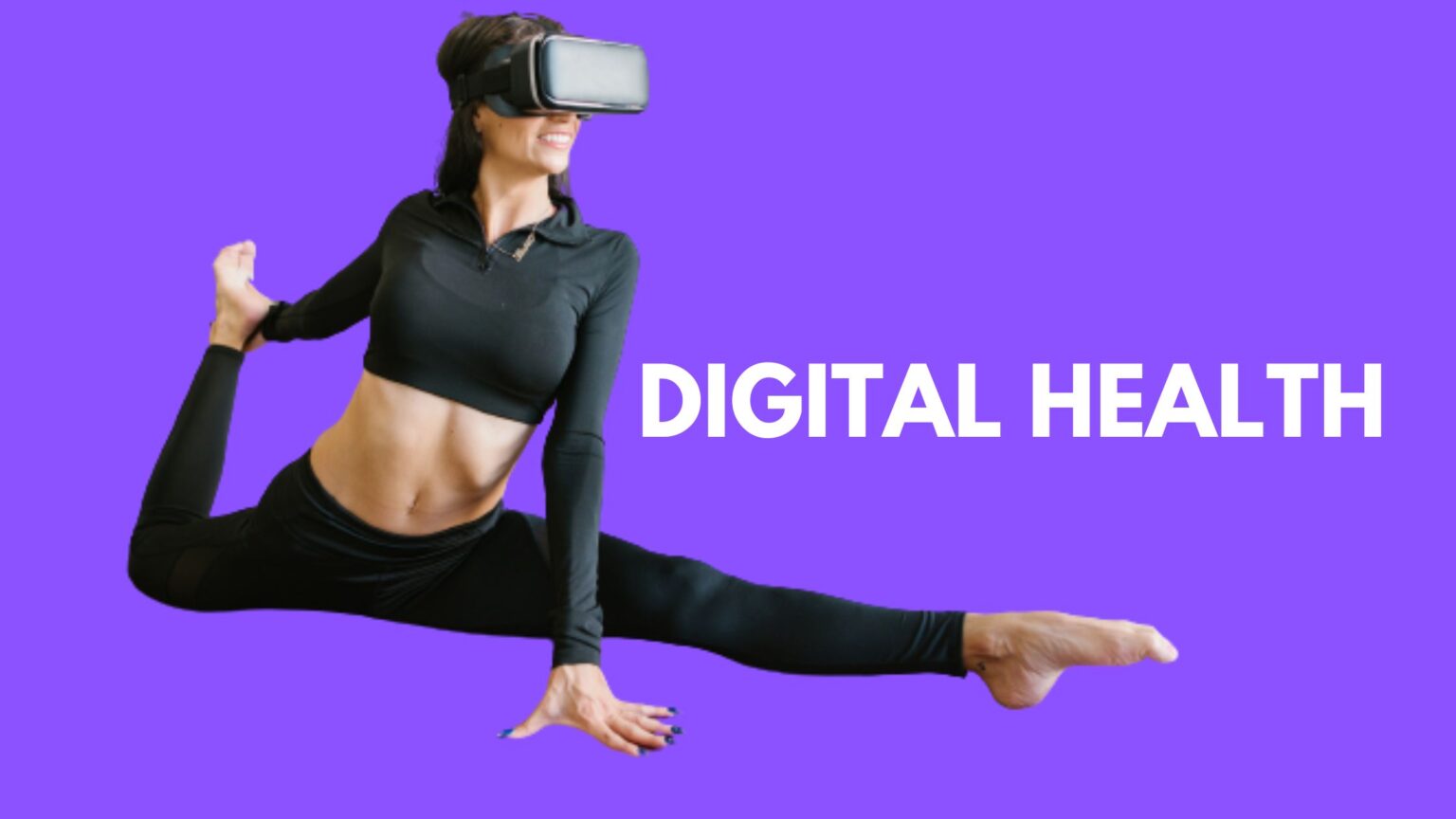Digital Health

What is Digital Health?
Digital health, often known as digital healthcare, is a wide, multidisciplinary term that combines ideas from the convergence of technology and healthcare.
Digital health is the application of digital transformation to the field of healthcare, including software, hardware, and services. Digital health include mobile health (mHealth) apps, electronic health records (EHRs), electronic medical records (EMRs), wearable devices, telehealth and telemedicine, and personalized medicine.
To improve the efficiency and effectiveness of healthcare delivery. These technologies can be used to track and manage health information, diagnose and treat medical conditions, and promote healthy behaviors. Digital health tools can help to reduce the burden on healthcare systems, improve patient outcomes, and increase access to care for underserved populations.
1. Electronic Health Records (EHRs):
These are digital versions of a patient’s medical history, which can be accessed and updated by authorized healthcare providers. EHRs can help to reduce errors and improve the quality of care by providing a complete and up-to-date view of a patient’s medical history.
2. Mobile Health apps (mHealth):
These are apps that can be downloaded onto a smartphone or other device and used to track and manage health information, such as exercise, sleep, and medication. Some apps also offer features like appointment scheduling, telemedicine consultations, and symptom tracking.
3. Telemedicine:
This refers to the use of videoconferencing or other technology to provide healthcare services remotely. Telemedicine can be used to connect patients with healthcare providers for consultations, diagnoses, and treatment without the need for in-person visits. (If you are ordering your blood tests online, please check the Direct access testing restrictions in your state.)
4. Wearable Devices:
These are devices that can be worn on the body and used to track and monitor health-related information, such as physical activity, heart rate, and sleep patterns. Some wearable devices also have features like alerts for abnormal heart rhythms or fall detection.
Digital health technologies can help you save time (travel, waiting room), Save Money (travel), and offer you convenience & privacy (consult your physician sitting at your home or office). Digital Health is very helpful for patients with mobility issues.
Digital Health is a valuable resource for both patients and healthcare providers. The use of Digital health is growing during this pandemic and it may be the future of health access.
One key trend in digital health is the increasing use of artificial intelligence (AI) and machine learning to analyze and interpret large amounts of data, such as electronic health records and other patient data. This can help healthcare providers make more informed decisions and improve patient outcomes.



